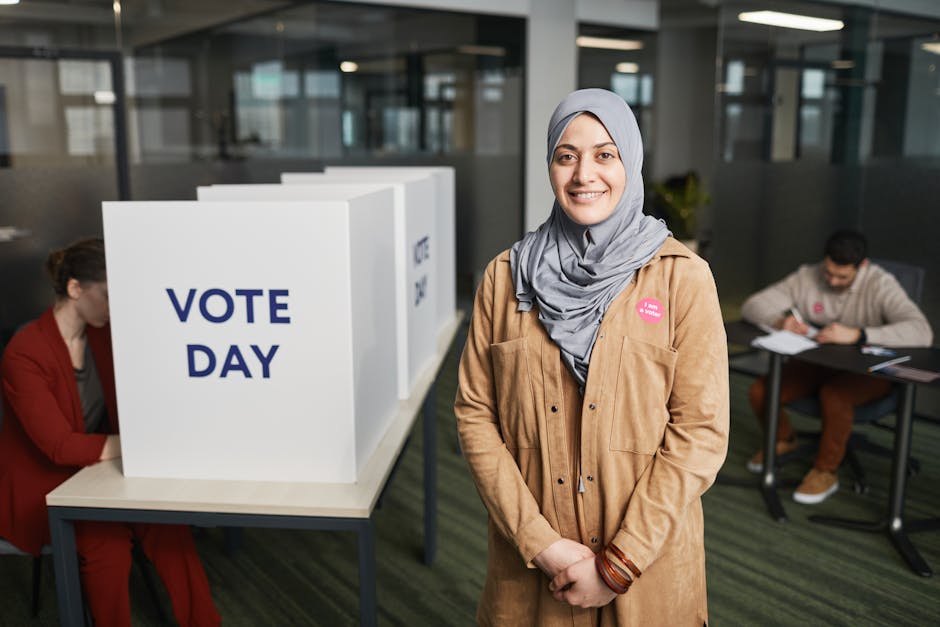The intricate tapestry of modern governance, interwoven with the threads of individual rights and collective aspirations, hinges on the effectiveness of its representation mechanisms. A fundamental question arises: does the current political system, with its established structures and processes, adequately represent the diverse needs and perspectives of all citizens? A critical examination of this query necessitates an exploration of existing hurdles and potential solutions.
The cornerstone of representative democracy rests on the assumption that elected officials act as conduits for the wishes of their constituents. However, a closer look reveals systemic shortcomings that often hinder this ideal. One significant obstacle lies in the uneven distribution of political power and resources. Wealthier citizens, frequently through financial contributions to campaigns, exert disproportionate influence on policy outcomes. This financial disparity can lead to policies that benefit the affluent while neglecting the concerns of lower socioeconomic groups.
Demographic discrepancies also present a critical challenge. Existing systems frequently fail to adequately represent diverse groups based on race, gender, ethnicity, and sexual orientation. This underrepresentation can lead to policy decisions that inadvertently marginalize certain segments of the population. When the voices of specific communities are muted, the very fabric of a representative democracy weakens. Furthermore, geographic factors play a substantial role. Rural communities often face challenges in ensuring their concerns are heard, particularly in the context of vastly different needs compared to their urban counterparts. Infrastructure, access to services, and political engagement can vary dramatically across regions, making a truly equitable and inclusive system difficult to implement.
Further complicating the equation is the inherent complexity of political discourse itself. The proliferation of diverse interests and opinions often leads to gridlock and a reluctance to compromise. Furthermore, the complexity of modern issues, ranging from climate change to economic globalization, requires expertise and nuanced understanding. Consequently, citizens may feel disconnected from the political process, feeling their voices are lost in the labyrinth of specialized debate and technical jargon.
Voter turnout rates, often below the ideal, underscore the potentially widespread lack of engagement with the political process. This disconnect stems from various factors. Voter apathy, compounded by a perception of political cynicism and a lack of trust in the system, often contributes to low participation rates. Individuals may feel alienated, believing that their vote will not make a significant difference or that elected officials are not truly representative of their interests.
While these are significant shortcomings, solutions are not absent. One crucial step towards improvement is enhanced electoral reform. Proportional representation systems, for example, can better reflect the distribution of political preferences, affording underrepresented groups a greater chance to be heard. Additionally, measures that promote broader voter participation are essential. This could entail making voting more accessible, implementing early voting options, and educating citizens about the importance of their role in the democratic process.
Campaign finance reform is another critical component of a more equitable system. Limits on campaign contributions and increased transparency in financial dealings can help curtail the undue influence of wealthy donors. Furthermore, a focus on candidate diversity will empower underrepresented groups to have a stronger presence in political offices, fostering policies that better reflect the needs of the diverse population.
To promote inclusivity and engagement, promoting media literacy and critical thinking skills is crucial. Citizens need to be empowered to navigate the complexities of political information, recognizing bias and evaluating sources responsibly. Educational initiatives focused on political processes and the importance of civic engagement can equip citizens with the knowledge to participate effectively and meaningfully.
The challenges associated with ensuring equitable representation are multifaceted and demanding. However, the journey toward a more inclusive and responsive political system necessitates continuous evaluation and adaptation. Continuous dialogue between citizens and policymakers, alongside a sustained commitment to transparency and accountability, is essential for navigating these intricate challenges.
In conclusion, while the current system does demonstrate strengths in representation, it undeniably faces significant shortcomings in effectively capturing and responding to the diverse needs and perspectives of all citizens. Addressing issues such as unequal resource distribution, demographic gaps, the complexity of modern political discourse, low voter turnout, and the influence of money in politics is paramount. By implementing electoral reforms, promoting voter engagement, enacting campaign finance regulations, fostering media literacy, and continuously evaluating and adapting the system, a more equitable and responsive democratic process can be cultivated, ensuring that the voices of all citizens resonate within the political arena. The future of effective representation hinges on our collective commitment to these critical improvements.
